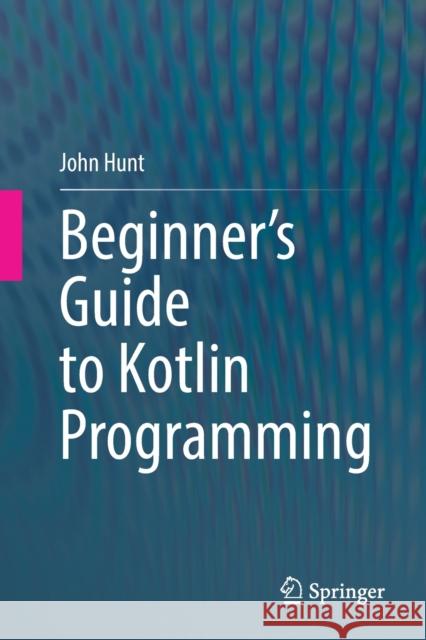Beginner's Guide to Kotlin Programming » książka
topmenu
Beginner's Guide to Kotlin Programming
ISBN-13: 9783030808921 / Angielski / Miękka / 2021 / 410 str.
Kategorie:
Kategorie BISAC:
Wydawca:
Springer
Język:
Angielski
ISBN-13:
9783030808921
Rok wydania:
2021
Wydanie:
2021
Ilość stron:
410
Waga:
0.75 kg
Wymiary:
23.39 x 15.6 x 2.79
Oprawa:
Miękka
Wolumenów:
01
Dodatkowe informacje:
Wydanie ilustrowane











